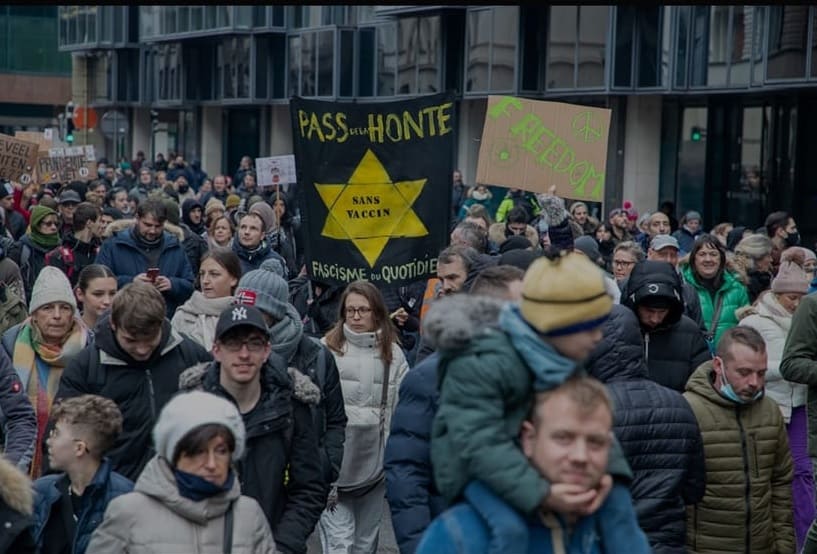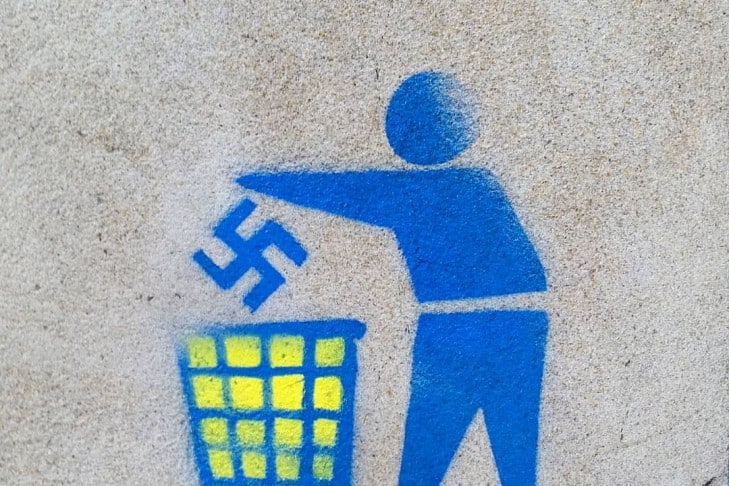European Jewish Association Chairman Rabbi Menachem Margolin
The Belgian Constitutional Court upheld a ruling of the European Court of Justice that member states of the European Union can ban religious slaughter without pre-stunning. The ban voted by the Flemish and Walloon regions has been challenged by Jewish groups who argue that under freedom of religion, which is protected by the European Union as a human right, EU legislation allows exemption on religious grounds for non-stunned slaughter provided that they take place in authorised slaughterhouses, writes Yossi Lempkowicz.
“The Belgian Constitutional Court has shamefully upheld a decision that is openly hostile to a fundamental pillar of Jewish practice,’’ stated Rabbi Menachem Margolin, Chairman of the European Jewish Association, in a reaction to the decision by Belgium’s Constitutional Court on Thursday to uphold a decision by the European Court of Justice banning religious slaughter without pre-stunning, thereby also upholding a similar decision by the Belgian Walloon and Flemish regions. Lamenting the court decision, he said however that provided an opportunity for European countries to show their support to Jewish communities and protect this central tenet of faith and practice. “What gets to the Jewish Communities the most is the two-faced approach of some countries towards Jewish Communities. On the one side they are solidly supportive when it comes to the fight against antisemitism, on the other they have no difficulty in effectively legislating Jewish faith and practice out of existence. ‘ Rabbi Margolin continued, “Worse still these countries are blissfully ignorant of this massive contradiction and its catastrophic effects on Jews across Europe. This decision, if replicated, is a real threat to Jewish life across Europe. Every bit as threatening as rising antisemitism, and in a sense even worse as it directly targets the very tenets of our beliefs. Now is the time for European countries to stand behind their Jewish communities and leave Belgium isolated and an outlier of how not to treat Jews”. The European Jewish Association is a Brussels-based advocacy group representing Jewish communities across Europe.
Jewish groups challenge European Court of Justice ruling on religious slaughter














